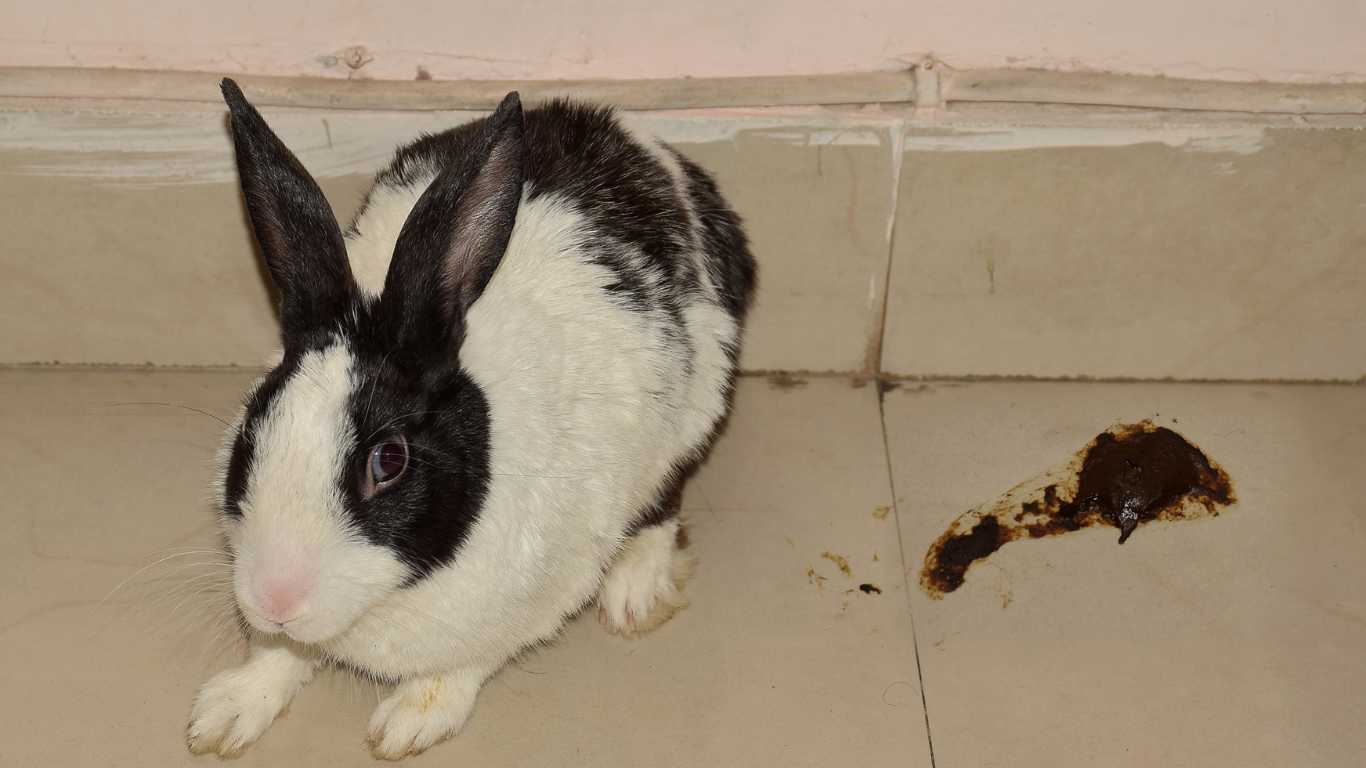If you’re a gardening enthusiast, you already know the value of nutrient-rich fertilizers in promoting healthy plant growth. Rabbit poop, also known as rabbit manure, is an excellent organic fertilizer that can do wonders for your garden. In this guide, we’ll delve into the world of using rabbit poop as fertilizer and explore the best practices for storing it effectively.
Rabbit poop, often referred to as “black gold” by gardeners, is a remarkable source of natural nutrients that can enrich your garden soil and boost plant growth. Unlike synthetic fertilizers, rabbit manure is organic, environmentally friendly, and helps maintain soil health in the long term.
Why Choose Rabbit Poop as Fertilizer?
Using rabbit manure as fertilizer comes with numerous advantages. It’s rich in essential nutrients like nitrogen, phosphorus, and potassium, which are vital for plant growth. Additionally, it contains valuable microorganisms that enhance soil health and promote nutrient absorption by plants.
The Nutrient Powerhouse: Composition of Rabbit Poop
Rabbit poop is a nutrient powerhouse, with an N-P-K ratio that makes it an ideal fertilizer. The high nitrogen content supports lush foliage growth, phosphorus aids in root development, and potassium contributes to overall plant health.
Step-by-Step Guide: Storing Rabbit Poop for Fertilizer
Gathering Supplies
Before you start collecting rabbit droppings, gather the necessary supplies, such as gloves, a pitchfork, a compost bin, and a storage container.
Creating a Storage Area
Designate a well-ventilated area in your garden for composting. You can build or buy a compost bin or use an open pile method.
Collecting and Storing Rabbit Droppings
Collect rabbit poop regularly and add it to the compost bin. It should be layered with other compost materials such as straw, leaves, and food waste from the kitchen.
Maintaining the Composting Process
Rotating the compost on a regular basis will promote healthy aeration and breakdown of the material. For successful composting, it is important to have the proper quantity of moisture and to check the temperature.
Composting Rabbit Poop: Dos and Don’ts
Balancing the Carbon-Nitrogen Ratio
Maintain a balanced mix of carbon-rich materials (straw, leaves) and nitrogen-rich materials (rabbit poop) for optimal composting.
Avoiding Contamination
Only use rabbit droppings from healthy rabbits, and avoid adding materials like pet waste or chemically treated substances.
Monitoring Temperature and Moisture
The compost pile should heat up during the composting process, which helps kill pathogens. Keep the pile moist but not soggy.
Benefits of Using Rabbit Manure in Your Garden
Slow Release of Nutrients
Rabbit poop releases nutrients gradually, reducing the risk of over-fertilization and ensuring a steady supply of nutrition to plants.
Improved Soil Structure
The organic matter in rabbit manure enhances soil structure, making it more porous and capable of retaining moisture.
Enhanced Microbial Activity
Rabbit poop introduces beneficial microorganisms to the soil, aiding nutrient breakdown and improving soil fertility.
Different Application Methods of Rabbit Manure
Direct Application
You can apply well-aged rabbit manure directly to garden beds. To prevent plants from being killed by an excessive amount of nitrogen, check to see that it has been thoroughly composted.
Compost Tea
By soaking rabbit dung in water, you may produce a liquid fertilizer that is rich in various nutrients. Use the strained liquid to water your plants.
Mixing with Other Compost Materials
Incorporate rabbit poop into your regular compost pile to boost its nutrient content and accelerate decomposition.
Conclusion
Rabbit poop is a valuable resource for gardeners seeking organic and sustainable ways to fertilize their plants. By following proper storage and composting techniques, you can harness its nutrient-rich benefits to create a thriving garden ecosystem.
FAQs:
Is rabbit manure safe to use on all plants?
Yes, rabbit manure is generally safe to use on most plants. It is considered a balanced and nutrient-rich fertilizer that can benefit various plants in your garden.
How often should I turn the compost pile?
It is vital to turn the compost pile in order to ensure optimum decomposition. Ideally, you should turn the pile every 1 to 2 weeks. This helps aerate the compost, promote even decomposition, and prevent unpleasant odors.
Can I compost rabbit bedding along with the droppings?
Yes, you can compost rabbit bedding along with the droppings. Rabbit bedding, often made from materials like straw or wood shavings, can add carbon-rich materials to the compost pile, helping to balance the nitrogen-rich droppings.
What is the ideal carbon-nitrogen ratio for rabbit poop compost?
The ideal carbon-nitrogen ratio, also known as the C/N ratio, for rabbit poop compost is generally around 20:1 to 30:1. Rabbit droppings are high in nitrogen, so adding bedding materials rich in carbon can help achieve this balanced ratio.
Can I use fresh rabbit poop in my garden?
It’s generally advisable to compost rabbit poop before using it in your garden. Fresh rabbit dung is abundant in nitrogen, but if it is put to plants directly, it can be toxic to the plant’s growth. Composting allows the materials to break down, mellowing the nutrients and making them more suitable for plant uptake.
